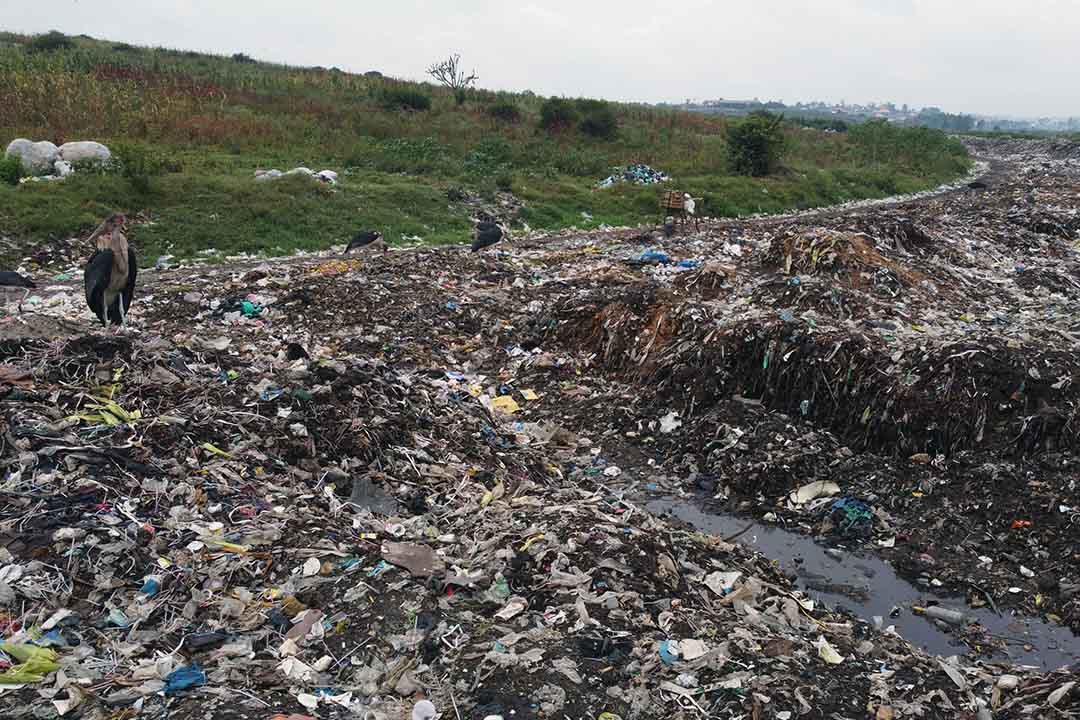Cheptoris noted that the world is running out of time adding that nature is in “emergency mode” as global temperature soar towards the 1.5°c threshold.
“The way out of this dilemma is to transform our economy and society to make them inclusive, fair and more connected with nature. We must shift from harming the planet to healing it.
“Without action, exposure to air pollution beyond safe guidelines will increase by 50 per cent within the decade and plastic waste flowing into aquatic ecosystems will nearly triple by 2040. We need urgent action to address these pressing issues, making “Only One Earth” and its focus on living sustainably in harmony with nature, as pertinent as ever,” he added.
The World Environment Day is commemorated every June 5 as part of the United Nation’s Assembly rallying call for Member States to reaffirm their commitment to sustainable environmental management.
Globally, this year’s WED Day will be marked under the theme ‘Only One Earth’ while Uganda’s national celebrations will be held in Luwero District under the national theme ‘Our Earth, Conserve for Life.’
According to Dr. Florence Grace Adong, the director of water resources in the Ministry of Water and Environment, Uganda has developed a 10-year environment restoration plan declaring the next 10 years “a war decade for environment restoration.”
“Restoration can help to end poverty, combat climate change and prevent a mass extinction. It will only succeed if everyone plays a part,” minister Cheptoris added.
To participate in this year’s World Environment Day, Ugandans have been urged to do at least two of the following:
- Plant a tree
The National Forestry Authority (NFA) will provide free seedlings of Uganda’s indigenous species as part of the government’s commitment to combat climate challenges. This was announced by National Environment Management Authority’s Executive Director, Dr. Barirega Akankwasah during a press conference at the Uganda Media Center on Tuesday.
{source}<blockquote class="twitter-tweet"><p lang="en" dir="ltr"><a href="https://twitter.com/nemaugED?ref_src=twsrc%5Etfw">@nemaugED</a> <a href="https://twitter.com/ABarirega?ref_src=twsrc%5Etfw">@ABarirega</a> "you can access free seedlings of indigenous tree species from <a href="https://twitter.com/NFAUG?ref_src=twsrc%5Etfw">@NFAUG</a>, this is one of the government strategies to address climate change related challenges...." <a href="https://t.co/pNnRrt0GdX">pic.twitter.com/pNnRrt0GdX</a></p>— National Environment Management Authority (NEMA) (@nemaug) <a href="https://twitter.com/nemaug/status/1529008139613491200?ref_src=twsrc%5Etfw">May 24, 2022</a></blockquote> <script async src="https://platform.twitter.com/widgets.js" charset="utf-8"></script>{/source}
- Stop encroaching on fragile ecosystems including; wetlands, forests, lake shores and river banks
- Avoid dumping waste in fragile ecosystems and littering
- Avoiding use of environmentally dangerous single use plastics
{source}<blockquote class="twitter-tweet"><p lang="en" dir="ltr">"Waste management is another key priority. The idea is to convert waste into wealth... plastics should be recycled but we should also do away with single use plastics because the alternatives to single use plastics do exist..." says <a href="https://twitter.com/ABarirega?ref_src=twsrc%5Etfw">@ABarirega</a> <a href="https://t.co/VmGrCOubmW">pic.twitter.com/VmGrCOubmW</a></p>— National Environment Management Authority (NEMA) (@nemaug) <a href="https://twitter.com/nemaug/status/1529008941472047104?ref_src=twsrc%5Etfw">May 24, 2022</a></blockquote> <script async src="https://platform.twitter.com/widgets.js" charset="utf-8"></script>{/source}
Finally, avoid encroaching/ destroying natural habitats for biodiversity.

